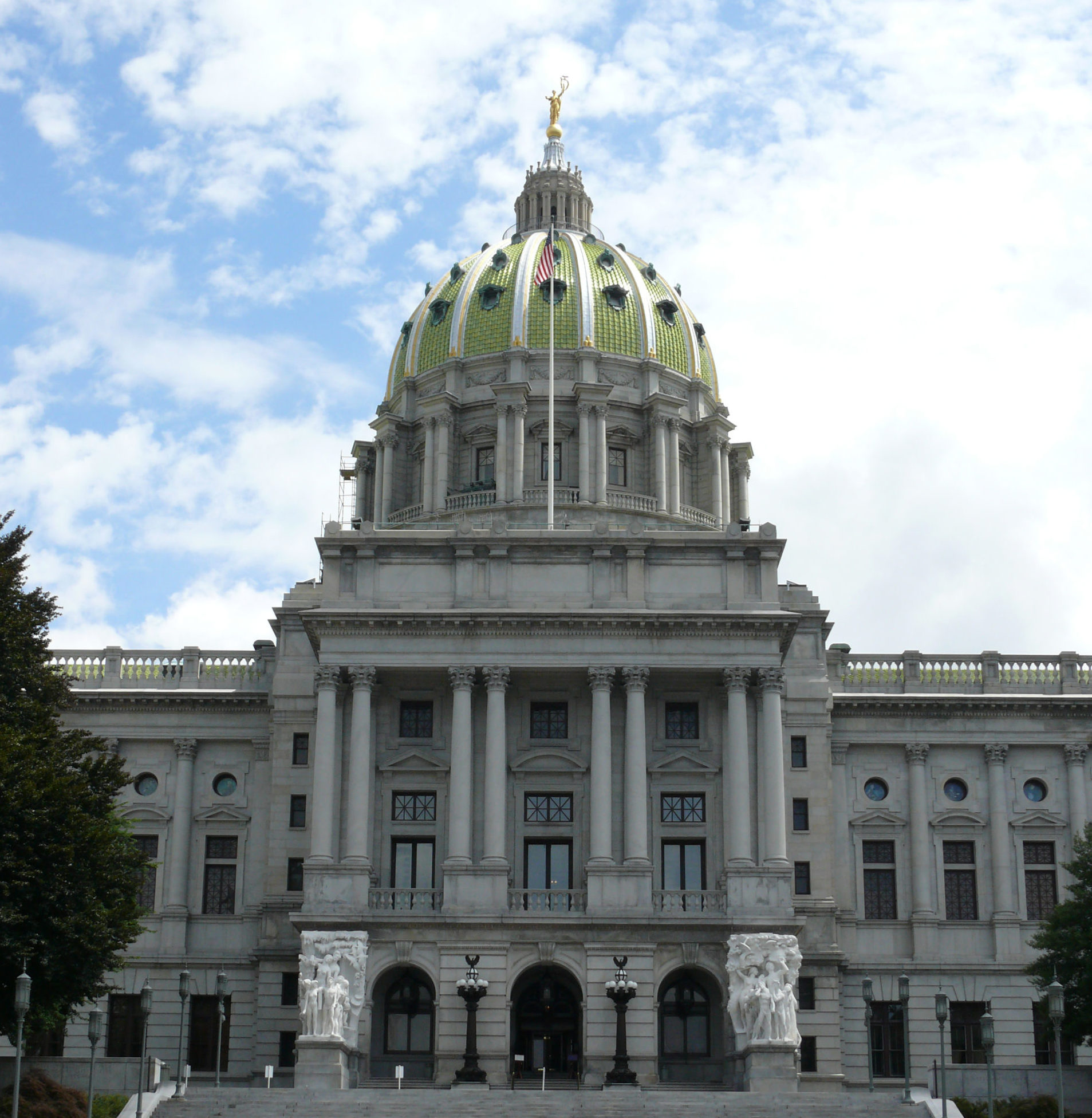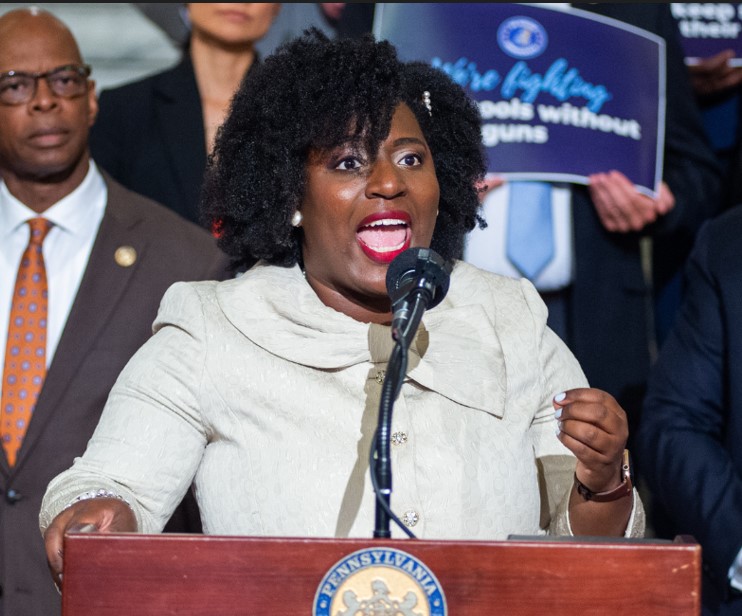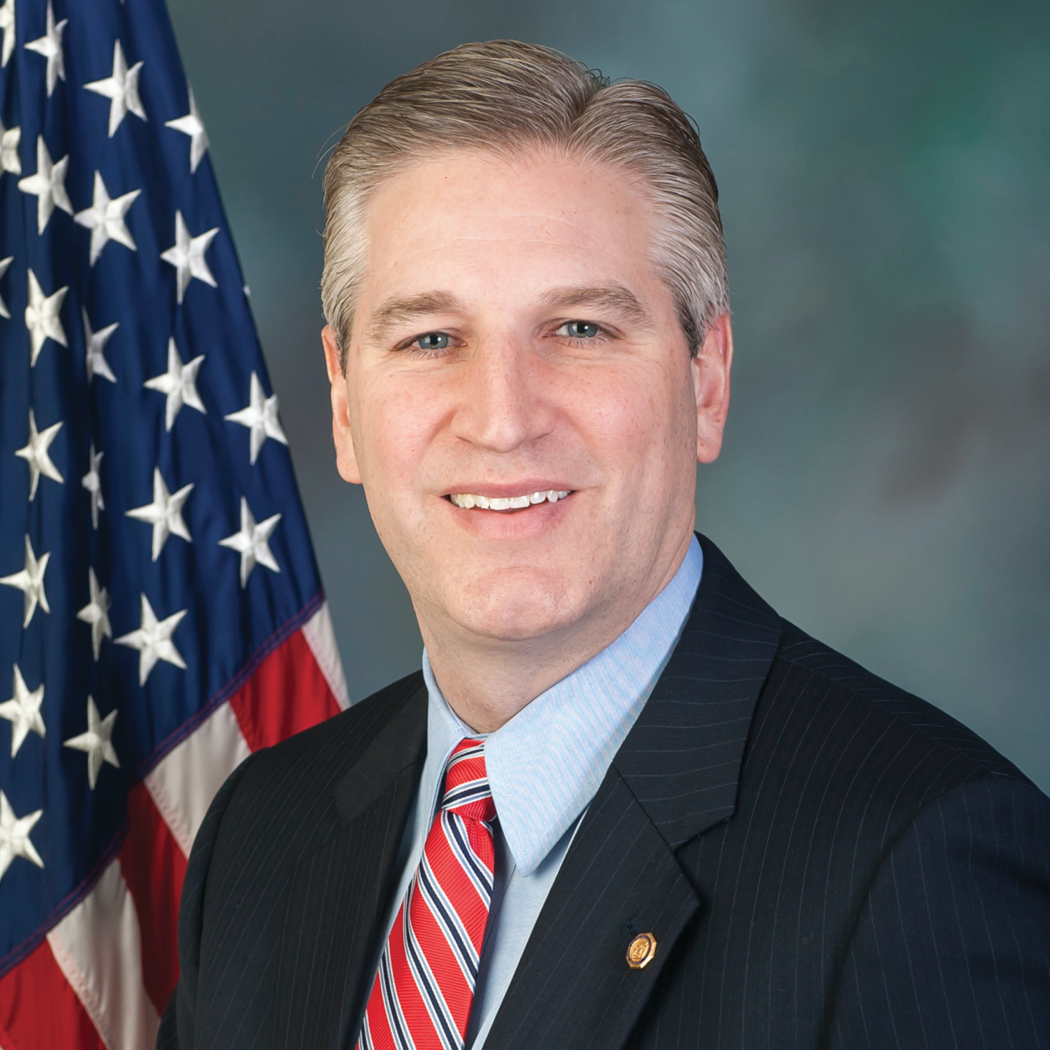UPDATE: Dems Say They’ve Won Control of PA House, But GOP Says It’s Still Too Close to Call

Democrat Melissa Cerrato gave a victory tweet Wednesday, declaring that she won the 151st District House seat over longtime Republican state Rep. Todd Stephens.
“I’ve spent months reminding voters of the importance of their votes & assuring them that EVERY SINGLE VOTE MATTERS. Now that the count has officially turned in our favor, it is my great honor to step forward as the next State Representative of Pennsylvania’s 151st House District,” Cerrato tweeted.
Cerrato won by 37 votes.
Stephens conceded on Thursday.
“It has been the honor of a lifetime representing the people of the 151st District in the Pennsylvania House of Representatives for the last 12 years,” said Stephens. He noted that the new district was drawn with only 36 percent Republicans and that the top of the 2022 ticket had a gubernatorial candidate who received only 29 percent of the vote.
” I want to offer my sincere congratulations to Melissa Cerrato on being elected state representative for the 151st District. I look forward to working with her in the coming weeks to ensure a smooth transition.
“Though I am disappointed that I won’t be returning to Harrisburg to serve the community where I was born, raised and am raising my family, I am proud of my accomplishments including creating a program to ensure we have safe, clean drinking water, improving our child protection laws, vaccinating thousands of our most vulnerable neighbors during the COVID-19 pandemic, providing record-setting education funding for our schools without raising taxes and writing the most comprehensive animal protection law in the country. I’ll certainly look back at my time as your state representative with pride,” Stephens said.
In Bucks County, Republican Joseph Hogan defeated Democrat Mark Moffa in the race to fill newly-elected GOP state Sen. Frank Farry’s seat. However, the close contest might be headed to court and control of the state House is still up in the air.
The Bucks County election website had Hogan at 15,418 votes to Moffa’s 15,394 on Wednesday.
“In the normal course of ensuring the results of last week’s election are accurate and complete, Board of Elections staff discovered Friday that some in-person votes–including some ballots cast in a voting precinct within the 142nd Pennsylvania House District–were not included in the county’s reported unofficial election results,” said Bucks County spokesman James O’Malley.
While neither Hogan nor Moffa responded to requests for comment, a spokesman for the House Republicans said it was still too soon to call the race because the Bucks County Democrats want ballots without signatures and dates to be included, so a judge will likely decide. Bucks County officials are also facing criticism for permitting ballot harvesting from nursing homes.
The majority is 102 seats,” said Republican spokesman David Foster. “If Stephens ultimately loses, but Hogan wins, we’re at 101 to 101 with the seat of the late Democratic Rep. DeLuca being the deciding vote. But that election won’t happen until March at the earliest, May at the latest. If Stephens and Hogan pull it out, we’re ahead 102-101.”
“That’s why we delayed our leadership election until next week,” Foster said.
However, Democrats are not hesitating.
They have already declared victory and elected Rep. Joanna McClinton (D-Philadelphia) as the new House Speaker.





